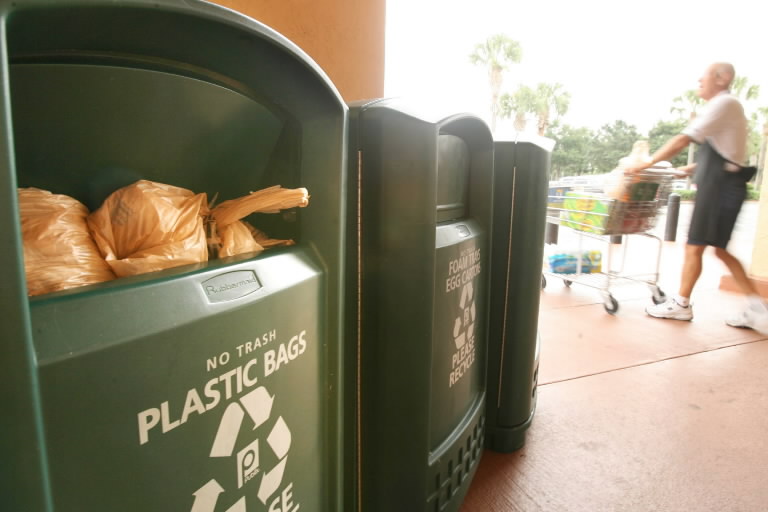 According to Planet Green:
According to Planet Green:
2,000: Christmas trees planted per acre on average at Christmas tree farms.
18: People who get their daily oxygen requirement from one acre of Christmas trees.
10: Years it takes a Christmas tree to mature enough to be cut.
In light of these statistics, we think it’s a good time to stop and think about ways in which we can lessen our impact on Mother Earth this season.
1. Christmas Trees
Though the use of pesticides on Christmas trees has declined by 50 percent over the last decade, many are still sprayed. Look for trees that were grown using sustainable methods and without pesticides. These sellers are usually either certified organic by the Department of Agriculture or are members of Certified Naturally Grown. If you choose to have a vendor cut trees and set up shop on a convenient street corner for your perusal, make sure the trees come from a local farm.




